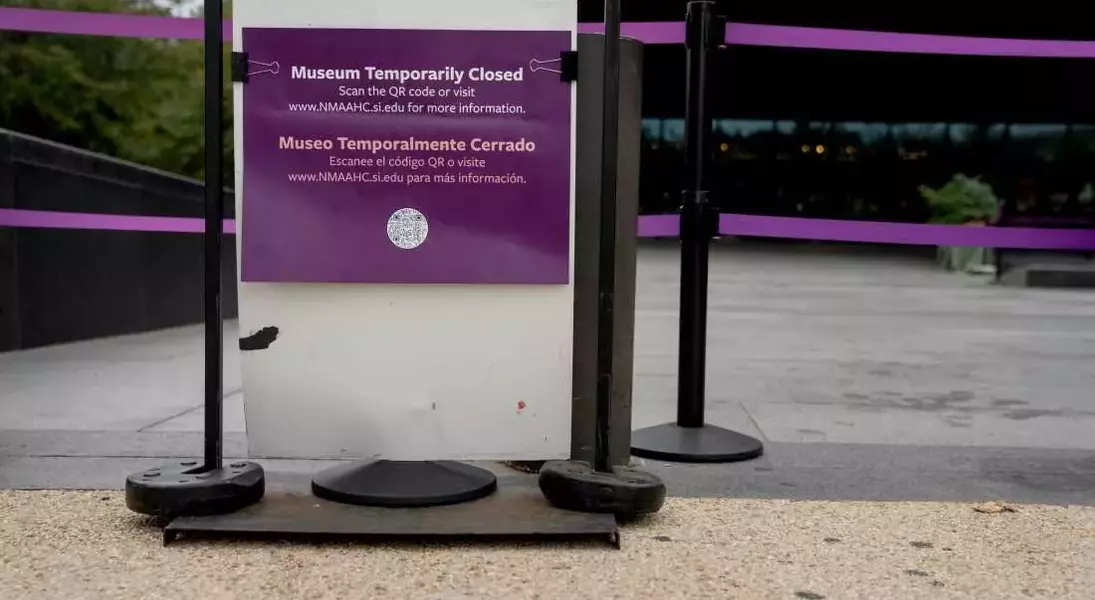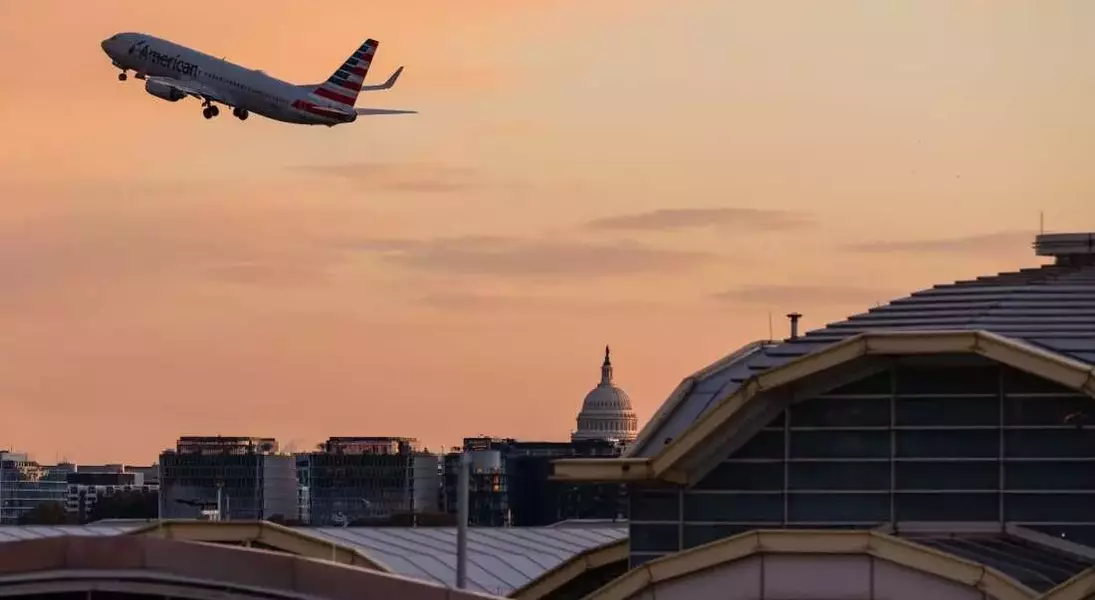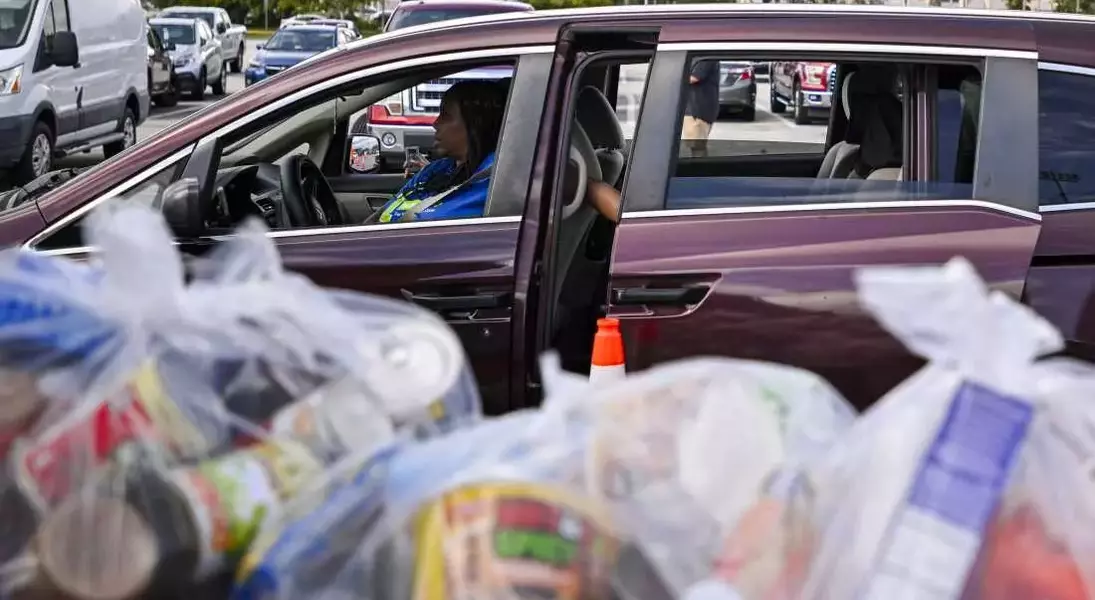




The U.S. government has officially resumed operations after a record-setting closure, following the presidential approval of a congressional bill. Despite the reopening, the aftermath of the 43-day shutdown is far from over, with various sectors facing ongoing challenges and a gradual return to full functionality.
Federal employees are back at their desks, though the question of when they will receive their withheld wages remains a significant concern. Although a new law guarantees back pay, the actual payment timeline varies by agency. Simultaneously, critical services such as the Supplemental Nutrition Assistance Program (SNAP) are reactivating. The program, vital for millions, faced considerable uncertainty and legal battles during the shutdown, highlighting its vulnerability. The Smithsonian Institution's numerous museums and the National Zoo are also progressively reopening their doors to the public, signaling a slow but steady return to normalcy for these cultural landmarks.
Beyond the immediate resumption of services, the effects of the shutdown are anticipated to have a prolonged impact. National parks are working to recoup lost income from the period of inactivity, and the Internal Revenue Service is grappling with a backlog that could delay tax refunds. Moreover, the current legislative agreement only secures funding until January 30, introducing the possibility of another government closure in the near future and underscoring the need for more stable and long-term resolutions.
The end of the government shutdown marks a moment of relief, yet it also serves as a stark reminder of the broader implications that such political impasses have on the nation's economy and its citizens' well-being. It highlights the resilience of the workforce and the essential role of public services, prompting a collective aspiration for greater stability and foresight in governance. Moving forward, it is crucial to foster an environment where collaborative solutions are prioritized, ensuring that the foundational elements of society are safeguarded against future disruptions, and promoting a stronger, more dependable government for all.
